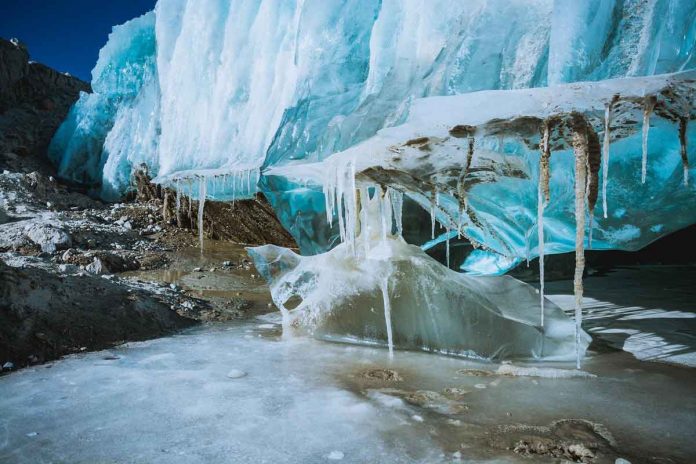A team of Chinese Academy of Sciences researchers discovered nearly 1,000 species of bacteria in snow and ice samples collected from Tibetan glaciers. The group describes collecting and studying the bacteria, as well as their concerns about disease spread as glaciers melt, in a paper published in the journal Nature Biotechnology.
According to the researchers, ice sheets and glaciers cover approximately 10% of the Earth’s surface and serve as the world’s largest freshwater reservoir. Previous research has shown that ice sheets and glaciers are melting as a result of climate change. The researchers investigated whether bacteria species found in snow and ice could spread to other areas as melting occurs. To find out, they collected snow and ice samples from 21 Tibetan glaciers between 2010 and 2016. Each was melted and then tested to see what was left in the water. The researchers discovered 968 new species of bacteria, 98 percent of which had never been seen before. The findings follow another team’s discovery of several viruses in 15,000-year-old ice, the majority of which had never been seen before.
The issue with such bacteria and viruses is that they may be contagious to both animals and humans. As the snow and ice melt, they may be carried by the water into rivers and streams and eventually into populated areas. Perhaps an even bigger issue is that modern plants and animals, including humans, lack immunity to older microbes, implying they could be lethal and difficult to treat. As a result, they raise the prospect of local epidemics and, potentially, pandemics.
The bacteria studied came from a particularly important part of the world, according to the researchers: melting snow and ice in Tibet feeds several rivers that lead to densely populated areas in China and India. They recommend that work begin immediately to study microbes that will be released from glaciers around the world to determine if there is a threat.
Bacteria species found in glacial ice could pose disease risk as glaciers melt from global warming

